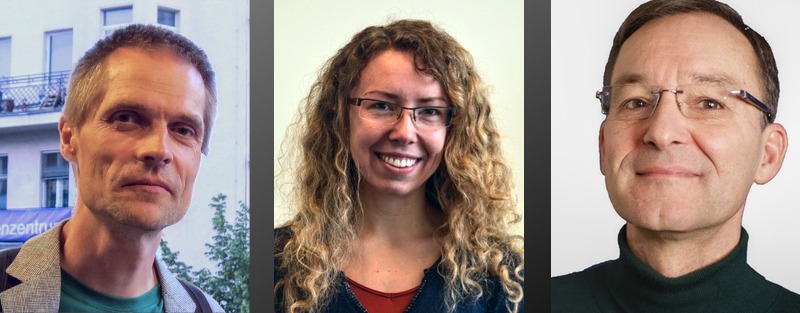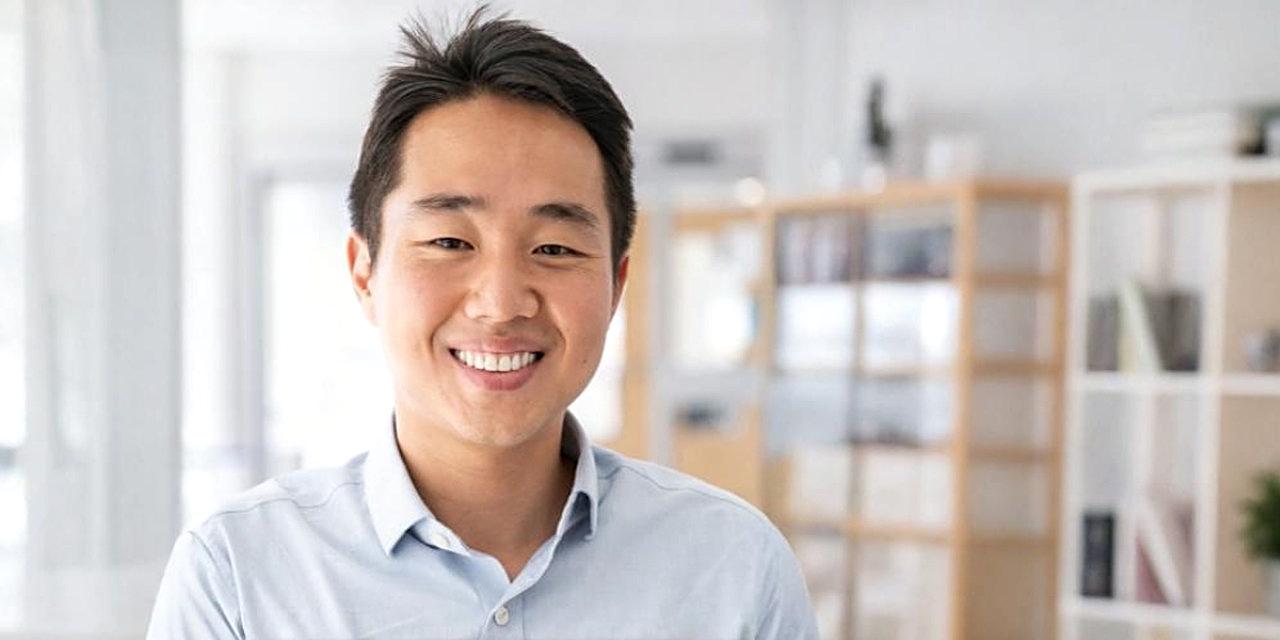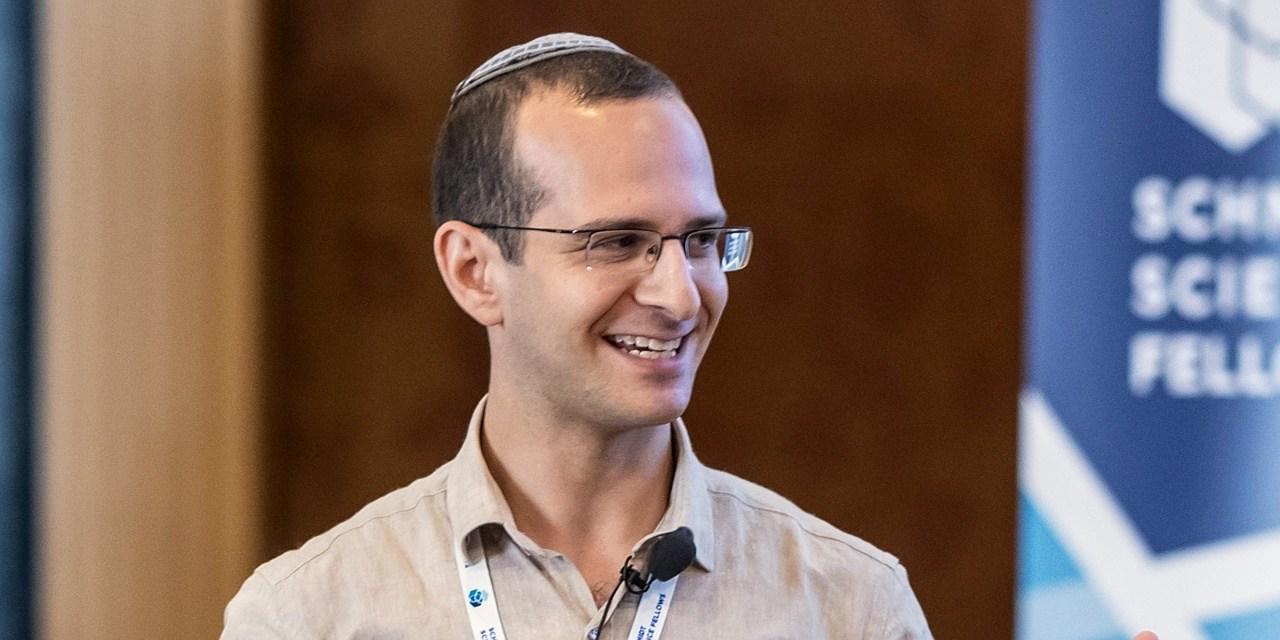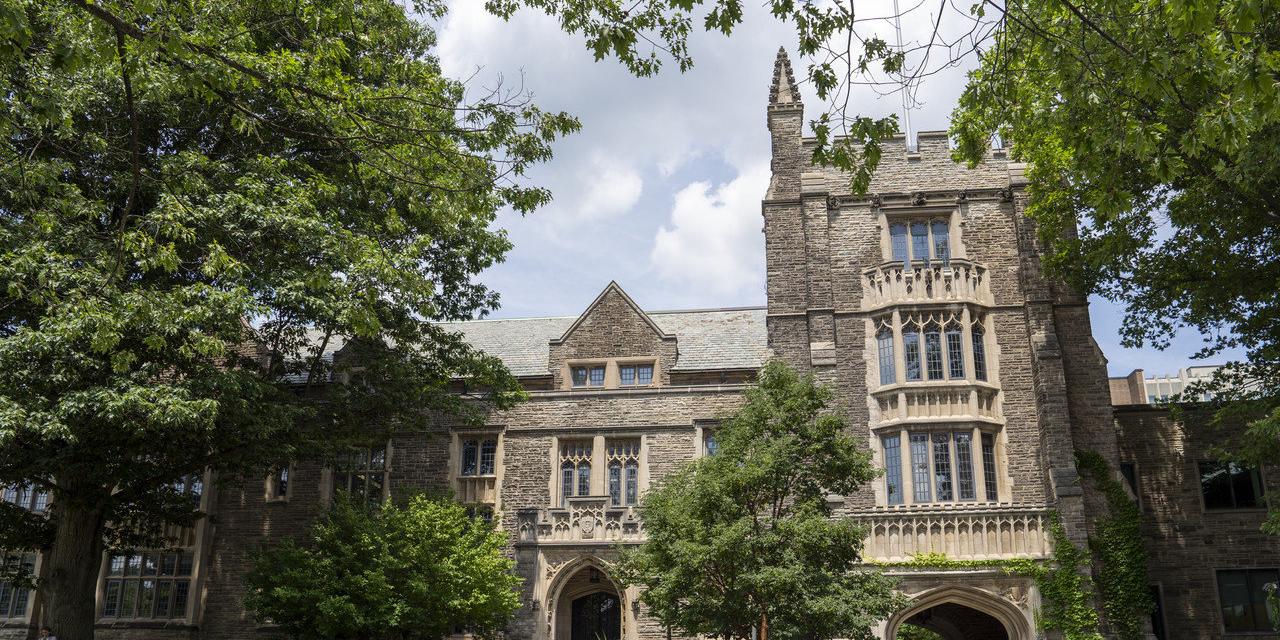
Navigating and Discovering Career Paths for Young Researchers
by Eduard Kamburjan — 20 March 2023
Topics: Interview
Wolfgang Ahrendt is a professor at Chalmers University of Technology in Gothenburg, Sweden. His research focus is deductive software verification using special purpose logics, calculi, and tools. He has a passion for PhD education, is the Director of PhD studies at his department, organised the FM Doctoral Symposium two times, and now the ETAPS Mentoring Workshop for the second time.
Stephan Merz is a senior researcher at Inria Nancy, France. His main research interests lie in the formal description and analysis of distributed algorithms and systems. From 2012 to 2016, he was the head of the PhD committee for computer science in Nancy, and from 2016 to 2021 head of science at Inria Nancy.
Caterina Urban is a research scientist at Inria and École Normale Supérieure in Paris, working on static analysis methods and tools for data science and machine learning software. She is the member of the ETAPS steering committee responsible for PhD activities and a representative of the FoPPS summer school.
What is the difference between a PhD symposium and the Mentoring Workshop?
The basic difference is that in doctoral symposia, all talks are given by students, except one invited talk, while in the mentoring workshop, as we run it, all talks are given by senior researchers. It is not a workshop where students learn to present their results or discuss technical problems, but the mentoring workshop is more about getting some inspiration for career paths and other things that are good to have heard of. General issues in career planning, examples for career paths, directions, problems and solutions, which concern the life of a researcher and scientist.
We are not always explicit about these issues. We kind of take for granted that PhD students get them on the way, so this is what we put the spotlight on and why we asked seniors of different seniority to share reflections about their own past paths and lessons learned. We purposefully varied the different seniority, from those not long after PhD to people close to retirement.
What kind of talk do people give at the workshop?
We did not fix a format for the speakers and give the speaker the freedom to decide how to approach this topic and what it is they want to share. And the talks turned out to be very personal and diverse. Last year there were very different talks, some decided to talk about productivity tips, some about the motivation to apply for grants, and others talked about finding joy in their work.
Having said that, there was one thing that recurred. Maybe 3 or 4 out of 6 speakers had a slide that contrasted “How it was supposed to go” with “How my path went”. Things don’t turn out as you intend; you do something for a certain reason, then you wanted this one thing but did not get it, but got something else that you did not want much, maybe you have a big disappointment but did not give up anyway, etc. Several people talked about things not working out or seemingly not working out at a specific time in their career, and yet it did work out. A certain persistence is a necessary, albeit not a sufficient condition, to get anywhere.
And I think it was calming to people to see that there are also failures or setbacks for everyone. So it does not mean everything if things go in a disappointing way sometimes.
How are the interactions at the Mentoring Workshop?
We gave everyone a 60-minute slot, but beforehand we made clear that we wanted this to be quite interactive. We encouraged the participants to ask questions. We believe that even those students who did not ask questions benefited a lot from the discussions. There are several senior people in the room with different opinions and views, which are discussed on the spot. The format of the talks is not to go through the slides and then some questions, but a discussion where the students can either participate or see the discussions on these things and a whole spectrum of opinions on important points. Thereby, the PhD students get a richer reference frame on possible questions and answers for their careers.
Additionally, in the evening before the mentoring workshop, there is an informal dinner where seniors and students can mingle and already start interacting. Of course, there is no table for seniors who talk to each other; we try to spread the people and break the ice between them. It is also good that the mentoring workshop is at the beginning of ETAPS, so interactions can also develop through ETAPS itself.
The feedback we got on earlier versions was very positive, and the participants were very happy they were there.
Besides the benefits for the students, are there benefits for the academic fields as a whole?
We do not follow a very systematic approach; the speakers mainly share their experiences. I hope the students start reflecting on what was important and just have a richer reference frame when thinking about these things. I think everything we can achieve is to give students a broader frame. And you should not understand this as a representative sample for careers; of course, the speakers succeeded in the end, so there is a bias there. There is no representative aspiration.
You could approach the topic from a different point of view. I do think that it is beneficial for the research system as a whole in the sense that we address not just those people that know that they want to go into research but also increase the diversity and reach people who are not so sure and see people who have a different career perspective and still came to do research in the end.
Last year, a speaker gave a talk titled “How to become a professor without planning to become one”. We also have invited speakers from industry to show that there is this career path to do industrial research.
Do you think there is a demand for activities that complement mentoring at the universities?
Wolfgang Ahrendt: Many supervisors are very supportive in sharing their experiences, but even they can only give a limited frame. And it is hard to generalise from that; one should not think that someone else’s story will be your story, that will never be the case. I think it would be a very good thing to have more offerings of that kind, where we exchange such experiences. Thereby, when there seem to be only success stories around you, you have more references. So this “Facebook effect” of sharing only success stories and nothing else can be problematic when everyone is doing that.
Stephan Merz: In the doctoral program in Nancy, we have an additional external committee that is supposed to meet with the student at least once a year. And typically, it is in those discussions that these points are systematically raised. I think it is sometimes easier to discuss this with somebody who is not your main supervisor. So we also see the demand from our PhD students. Young people go into the field wanting to be reassured, wanting to just learn about the experiences that we have had or that the speakers have had.
Are there some computer-science-specific points in career development that you found?
Wolfgang Ahrendt: We know our corner of computer science best, of course, and we cannot draw conclusions about other areas. Sometimes we have discussions when we have PhD students who are between departments, like quantum computing, who have an advisor from CS and one from physics, or autonomous driving, with people from CS and control theory. For example, I have been part of discussions with other disciplines where I heard the other day from a biologist that “to get a PhD without X journal papers as the first authors and no equal contributions with others” is impossible. I’m fiercely fighting such quantitative degree measures in our field, also in my role as director of doctoral education at my department.
Stephan Merz: I was once part of a CNRS committee that, in particular, is in charge of hiring young researchers, and the scope was pretty broad, it was not only Computer Science, but also robotics, control theory, applied mathematics…, so the conventions and the ways careers advance are very different and not possible to compare but to give advice you would really know their inside as well. In electronics, for example, patents were the most important thing for people, but these are unimportant for us.
The page of the Mentoring workshop 2023 can be found here, while the page of the 2022 edition can be found here.

Wolfgang Ahrendt, Caterina Urban, and Stephan Merz—organizers of EMW 2023.


